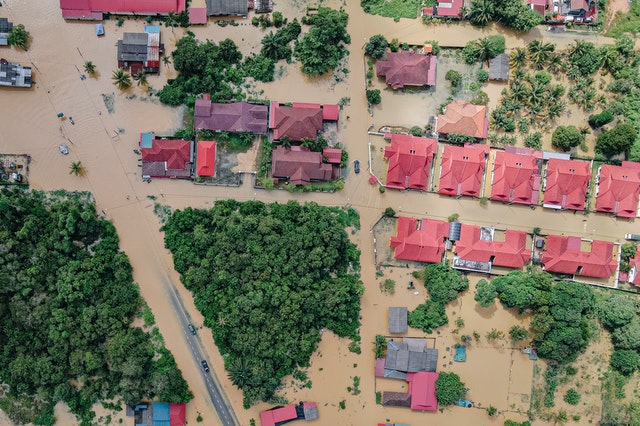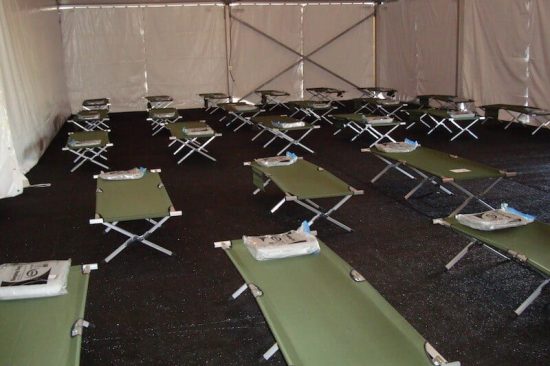Health in Disaster Settings
Disasters are abnormal natural events (earthquakes, epidemics/pandemics, cyclones & floods) or man-made events (war, communal riots, terrorist attacks etc.) that create huge losses (loss of life, health, peace of mind, financial & livelihoods etc.). And any occurrence that causes damage, ecological disruption, loss of human life or deterioration of health and health services on a scale sufficient to warrant an extraordinary response from outside the affected community or area may be classified under a ‘health disaster’. Health care management in any disasters is one of the main parts of disaster management. Health in disasters is affected by performance of various sectors, and hence, have an interactive impact on various aspects of disaster management.
Academic researchers consider disasters as a function of risk and they believe that a disaster can be considered as a serious disruption to the functions of a community or a society as well as incurring material, economic or environmental losses. By the same logic, it would have an impact on the ability of the affected community or society to cope with its own resources. Consequences of these emergencies include extreme economic and political impacts, long term social and psychological disruptions, destruction of physical as well societal infrastructure & huge financial losses to individuals as well as exchequer. Among all these, the consequences that may harm the people’s health and lives are vital and resultantly, a significant number of people need proper healthcare. The risk of an ‘outbreak’ is often more in emergencies and such events reduce the physical health of survivors with injuries, intensifying chronic diseases and decreasing access to the health services.
The key components that could help in assessing & help us respond to these critical scenarios include ‘the exact quantification of damage, disaster mitigation processes in place and apt decisions to be taken in the nick of time that are bound to have enormous implications, both, on the directly affected and the indirectly affected population.
Disaster healthcare management is a systematic process, administrative, organizational, and operational decision-making skills and capacities, that deals with the challenges of planning in order to improve and reduce the healthcare consequences of natural or man-made disasters.
The key factors that can have an impact on the effective management of health services in response stage to disasters & the desired functioning examples of health services in disasters will include ‘effective human resources management & its supporting logistics on ground’, ‘mutually complementary Inter-organizational coordination’, ‘immediate provision of necessities & psycho-social support to the affected population’, ‘provision of on-site training for successful management of healthcare facilities on ground’ and ‘effective usage of innovative ICT technologies and modern telemedicine system for accessing the inaccessible’.
We strive to provide essential solutions to all actors responding to humanitarian crises, aimed at meaningfully impacting the lives of the affected people.
We synergize support through the government & private corporate sector for effective & innovative response relief packages comprising of essential commodities for immediate deployment along-with the requisite logistical support for core relief activities, including, shelter, water, food, energy & medical support.








ABOUT US
Transdisciplinary Research Foundation or TRF is a Section VIII non profit research focused organisation.
ALL CONTACTS
- C-9/9867, Vasant Kunj, New Delhi-110 070
- Office +91 9910487009
- ranju@tresfoundation.org
- Tresfoundation - Copyright 2021
- ranju@tresfoundation.org
